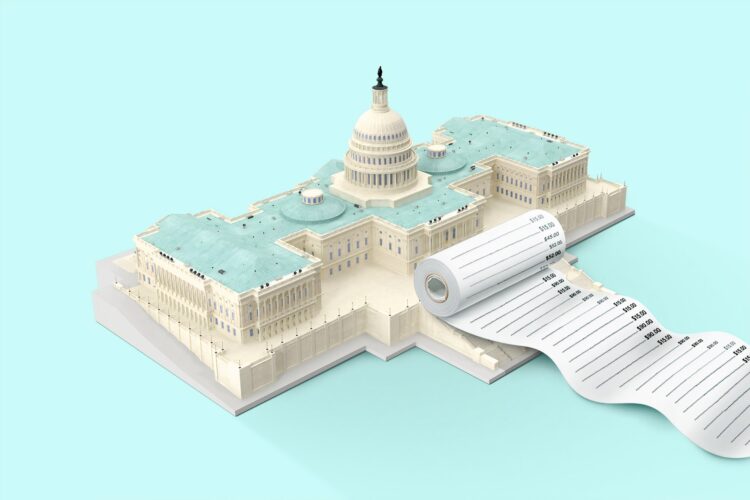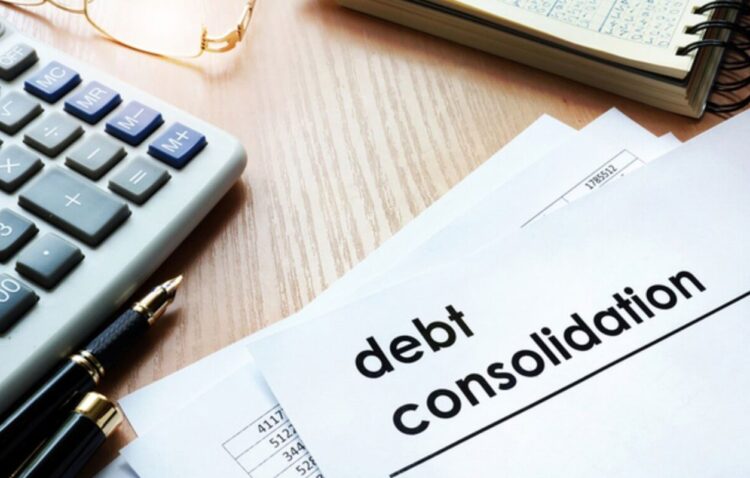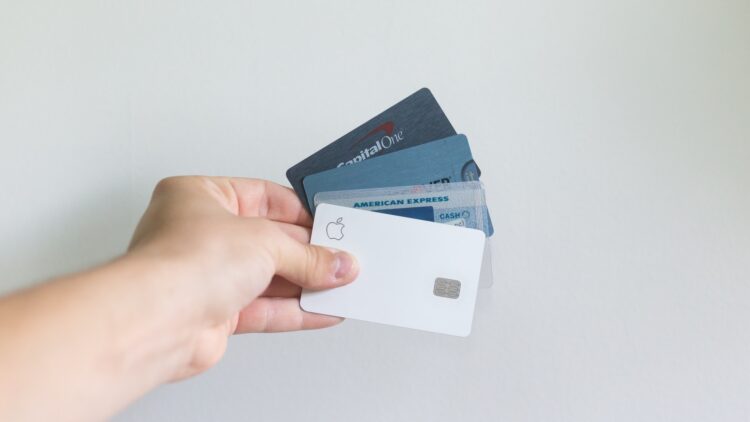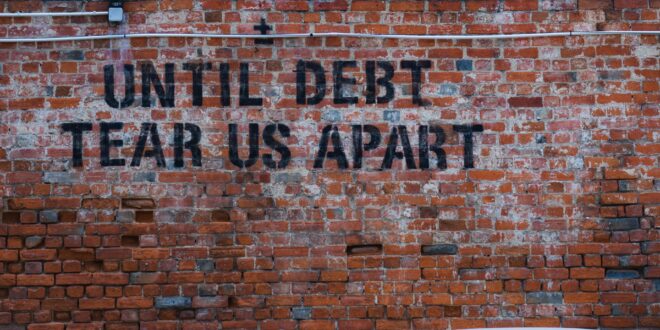When you owe too much money, it affects every part of your life. Bills take up more mental space than they should, you get stressed out about how much things cost, and your anxiety starts to noticeably rise. Should you start to miss payments, you can wind up dealing with collection calls and legal actions like wage garnishment or having your bank account frozen. The stress of receiving collection calls at home or at work only makes the problem worse.
Besides the mental and emotional burden of debt, there’s the very material one, too. Debt keeps you from saving. The same way that interest rates make your debt more expensive, every year you go without saving for retirement is potential growth you don’t earn. The sooner you can find your way out of debt, the sooner you can start building the life you’ve always dreamed of.
There are several different paths you can take that lead to debt freedom. Not all of them will be right for you. Different financial situations require different solutions. Below are some of the options that are worth exploring.
1. Debt Consolidation Loans

A debt consolidation loan is relatively straightforward. You borrow money from a bank, credit union, or other finance company to pay down your unsecured credit accounts, such as credit cards, tax debt, utilities, payday loans, etc. Then you just have to make one monthly payment on one account. It can be a great solution if you do two things:
- Stop using your credit cards until this new loan is paid off;
- You get a debt consolidation loan at a lower interest rate than your existing debts.
There’s one major problem with debt consolidation loans. They’re hard to get. They are only worth getting if they offer you a low-interest rate. Otherwise, you’re simply trading one problem for another. But in order to qualify for low-interest rates, you need a good credit score, and many people who find themselves applying for these loans have sub-optimal scores.
2. Debt Consolidation Programs

For those who can’t qualify for a loan with a bank, there are other ways to consolidate credit. One innovative solution is the Debt Consolidation Program (or DCP). Offered by non-profit credit counseling agencies like Creditcanada.com, they work well for individuals who are buried in high-interest debts.
There are several things that a certified Credit Counsellor from a non-profit credit counseling agency will do in a DCP. One of the most important things they do is negotiate with your creditors for reduced or stopped interest rates. Interest charges make getting out of debt so hard because every month you carry a balance, that debt grows and grows. When you pay off a credit card or most debts, you pay off the interest first, so that it’s hard to make headway on the principal.
Beyond that, certified Credit Counsellors can also get collection calls to stop, and they allow you to make one monthly payment, similar to a debt consolidation loan. All of your unsecured debts are rolled into one payment.
3. Credit Counselling Services

There’s more to Credit Counselling Services than DCPs, too. Certified Credit Counsellors can also help you with budgeting and money management to help make sure you meet your payment obligations. They will help you design a personal budget, which is harder than you might think. A successful budget should:
- Be realistic. The first step to an accurate budget is going through your spending habits and looking at where your money actually goes. It requires honesty and thoroughness. You can’t forget about irregular but essential expenses, like car maintenance.
- Include a method for tracking expenses that you’ll actually stick to. You need to be able to see where you’re at in your budget periodically to avoid overspending. When you’re left short at the end of the month, you wind up going deeper into debt.
A certified Credit Counsellor will also talk you through your financial goals. What do you want to do with your money once you’re finally out of debt? They’ll teach how to make your money work for you through savings and investments so that you can make those goals a reality.
4. Pay It All Back Yourself

There are people out there who are determined to do it all on their own. They feel that if they got into debt, they need to pay it all back. While it may be an admirable quality when you’re paying your friends back for concert tickets or returning the favor when you share a cab, it’s not always the best idea when you’re dealing with high-interest loans.
Paying it all back by yourself will take time and cost you more. Don’t forget how interest rates work. The longer you carry debt, the more the interest accumulates. Interest charges inflate the cost of everything that you purchase. You’re robbing yourself of purchasing power in the long run, as well as the time you could spend saving. You only have so many years to save, and even if you’re young, you lose out on the growth of compound interest.
Make interest work for you, not against you. It can be a very smart move to use tools that reduce or stop interest rates so you can get out of debt.
5. Bankruptcy

Sometimes it’s impossible to meet your debt obligations, no matter what tools you use. If you can’t keep up with any kind of payment plan, then you might think about filing for bankruptcy. You will have to part with certain non-exempt assets, and your ability to qualify for loans will be severely affected for years to come. However, it will get you out of debt quickly, so that you can start over.
There are many ways to get out of debt, but by and large, the sooner you can do it, the better. Once you’re debt-free, you can focus on building your finances and saving for your goals.
 Hi Boox Popular Magazine 2024
Hi Boox Popular Magazine 2024



